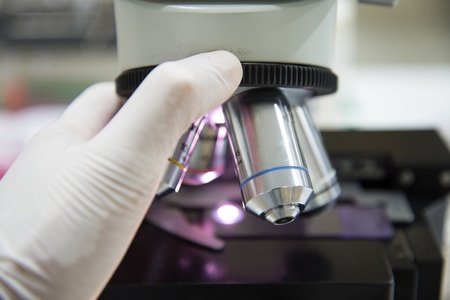Immune System 'On Switch' Breakthrough Could Lead to Targeted Drugs

Complete the form below to unlock access to ALL audio articles.
The breakthrough made by researchers at the University of Aberdeen and the University of Dundee could lead to the development of new drugs to enhance the body’s immune responses to attack, which could benefit people suffering from cancer and other serious conditions.
“We have shown that the cells which turn on our immune responses to defend against, for example, infectious diseases, require a particular protein to activate them in order to function properly,” explains Dr Cristina Martin-Granados formerly of the University of Aberdeen and now at Cambridge.

“This protein, or enzyme, (PTP1B) effectively acts as a kind of ‘on switch’ and if it is missing or dysfunctional in our body, we cannot mount effective immune responses to tumours or infections.”
The paper describes the fine tuning of cell signals which orchestrate our immune defences, for instance when we are vaccinated against infections.
Dr Alan Prescott from the University of Dundee adds: “The key switch molecule PTP1B allows the uninterrupted production of something called podosomes (which behave like feet for the cell). The cells that turn on our immune systems (dendritic cells) use these “mini-feet” to move though tissue and “home in” on a type of white blood cell called a T cell, which are essential for clearing viruses from our system. These are located at the “glands”, such as those in our neck, which become enlarged when patients get throat infections, for example.
PTP1B is increased in obesity and diabetics so new drugs that inhibit it are being designed as an anti- diabetic therapy.
Dr Martin-Granados adds: “The work shows that this important protein in our cells (PTP1B) is a potential target for new therapies to regulate the immune system when it needs a boost as in severe infections or when it goes wrong as in cancer.”

